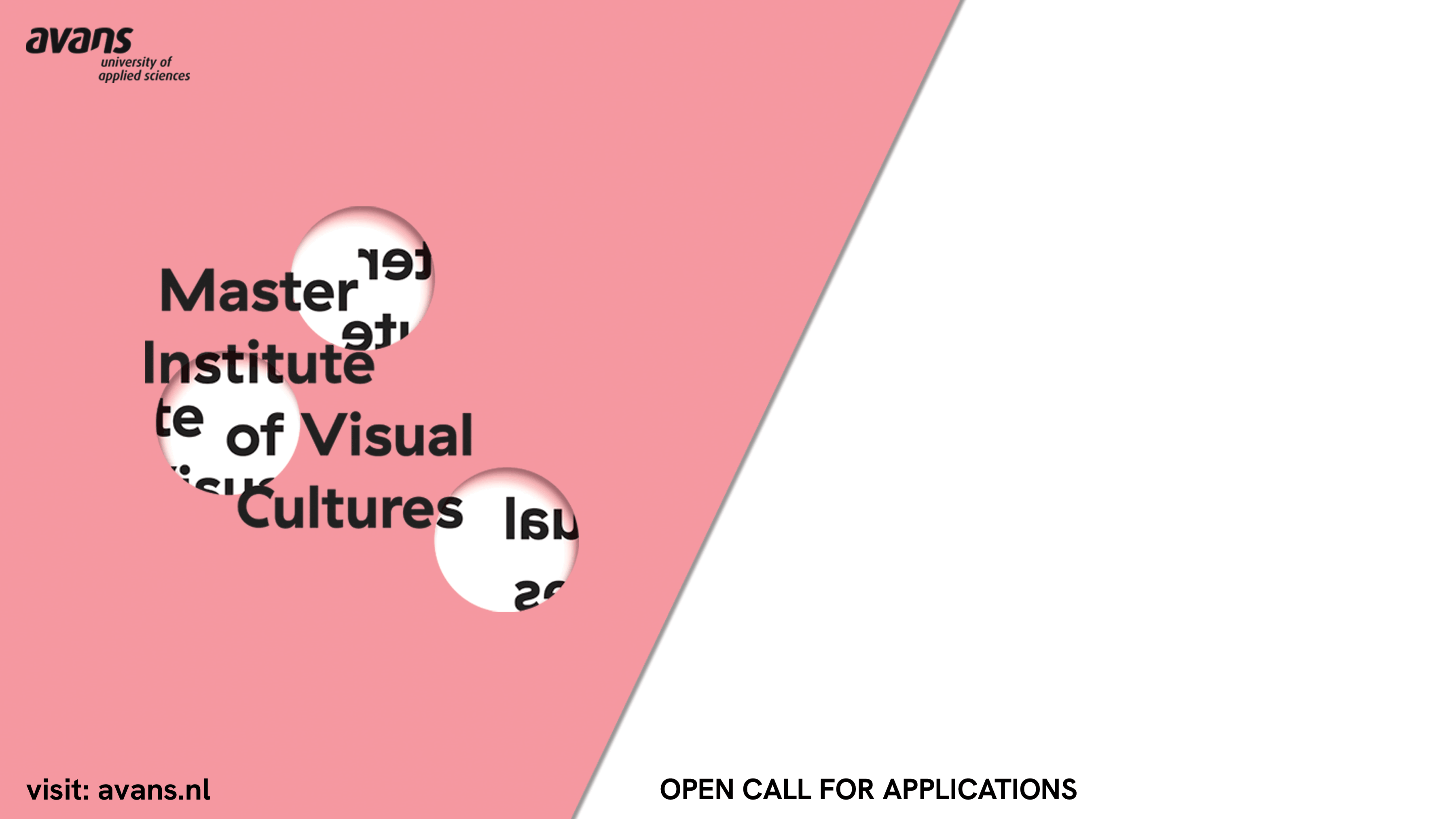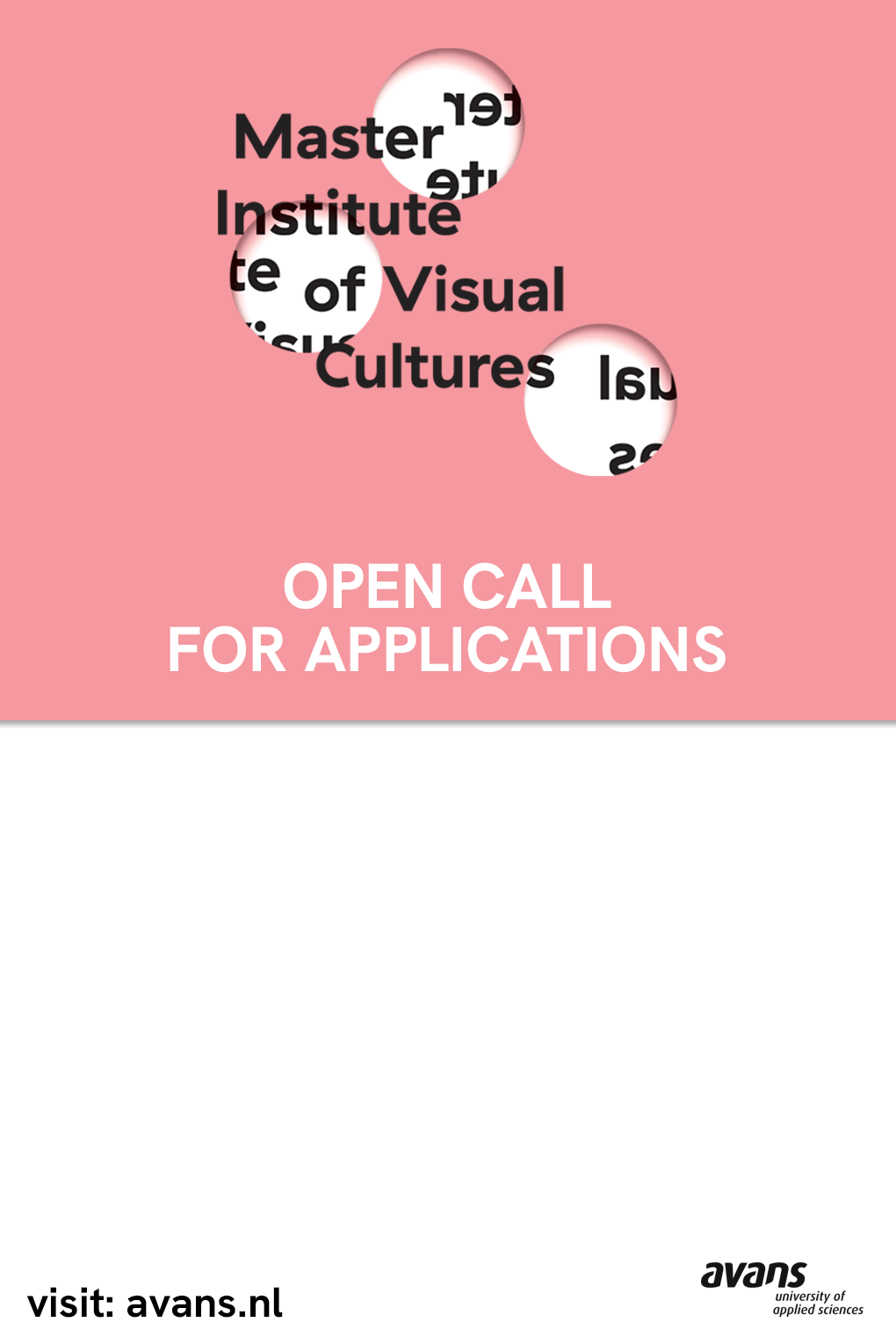Narrating War
February 20–22, 2014
Opening: February 20, 6pm
Haus der Kulturen der Welt
John-Foster-Dulles-Allee 10
10557 Berlin
Germany
All events with simultaneous translation into German and English
How do we talk about war in the early 21st century? What is it about the experience of extreme violence that is so difficult to understand and to speak about? What does describing the “indescribable” mean for the survivors, for those who have been spared—and for the observers? The theme days Narrating War, curated by Carolin Emcke and Valentin Groebner, are devoted to this paradox. The accompanying film program will be taken care of by Cristina Nord.
In Narrating War, Haus der Kulturen der Welt deliberately does not take the great catastrophes of the 20th century as its point of reference. Rather, it places conflicts of the recent past and the present at the center, from the civil wars in the former Yugoslavia to the wars in the Middle East, in the Gaza Strip and in Syria. The year 2014 marks not only the centenary of the start of the First World War, but also the 20th anniversary of the genocide in Rwanda. And, not least, it is the year in which Germany will begin to withdraw its troops from Afghanistan. How are the stories of these wars told today? And what is kept silent? Who is allowed to speak, and what fissures, gaps, formulas, and clichés arise when they do?
Reporting, the ur-technique of dealing with information, is not a neutral process. It smooths out and filters, abbreviates and expands on its subject. What formats in texts, pictures, and films are suitable for conveying extreme experiences in war? At what cost? Why do objectifying reports so often fail, and why do so many reporters choose subjective perspectives? Narrating War brings together war correspondents and photographers, editors and academics, soldiers and human rights activists, filmmakers and witnesses from war zones and conflict areas. In roundtables, in panels, and one-on-one, the participants will discuss doubts and fears, errors and the unspoken, coincidences and taboos—the “making of” behind professional reporting which normally remains hidden from news consumers. The discussions will be complemented and contrasted by readings by actors and a selection of extraordinary documentary films put together and commented on.
With Mohammad Al Attar, Jon Lee Anderson, Ulrich C. Baer, Bibiana Beglau, Andrea Böhm, Carroll Bogert, Sebastian Bolesch, Colette Braeckman, Hans Christoph Buch, Slavenka Drakulić, Lars Eidinger, Peter Geimer, Philip Gourevitch, Jean Hatzfeld, Romuald Karmakar, Michael Kamber, Elisabeth Kaneza, Albrecht Koschorke, Kattrin Lempp, Liao Yiwu, Verena Lueken, Peter Maass, Karl Marlantes, Ethel Matala de Mazza, Marcel Mettelsiefen, Avi Mograbi, Viet Thanh Nguyen, Marcel Ophüls, Gerhard Paul, Senad Pećanin, Milo Rau, Klaus Reinhardt, Majeda al-Saqqa, Bente Scheller, Eyal Sivan, Lawrence Weschler, Manfred Zapatka, and Almut Zilcher.
Carolin Emcke is a freelance journalist and philosopher. She works as a reporter from war zones and writes primarily about violence and voicelessness. In her much-respected books Echoes of Violence: Letters from a War Reporter (2004) and Stumme Gewalt. Nachdenken über die RAF (Silent Violence of the German ‘Baader Meinhof Gang’) (2008), she grapples with questions of the possibilities and limits of telling. She most recently published Weil es sagbar ist. Über Zeugenschaft und Gerechtigkeit (Because it can be told. On witnessing and justice) (2013).
Valentin Groebner is a historian at the University of Lucerne. In his book Defaced (2004), he deals with images of extreme violence in the 20th and 21st centuries and their historical precedents.
Cristina Nord is a culture editor for the daily taz – die tageszeitung specializing in film. She teaches film criticism at Freie Universität Berlin and served on the selection panel of the Duisburger Filmwoche until 2013. In addition to taz – die tageszeitung, she writes for Der Standard, kolik.film, and Cargo. In 2013, she received the Siegfried Kracauer Award for film criticism.
Narrating War is funded by the Kulturstiftung des Bundes (German Federal Cultural Foundation).
Haus der Kulturen der Welt is supported by the Federal Government Commissioner for Culture and the Media as well as by the Federal Foreign Office.
Press contact:
Anne Maier
anne.maier [at] hkw.de / T +49 (0) 30 39787 153



